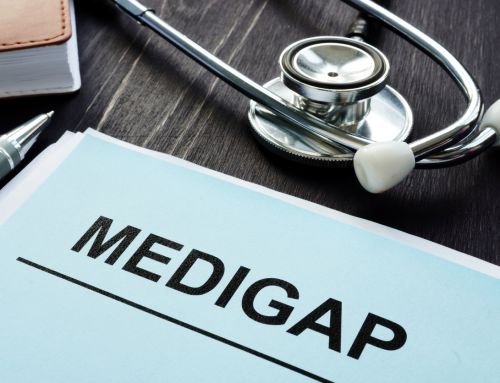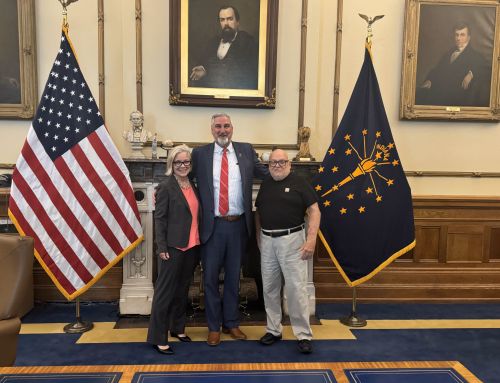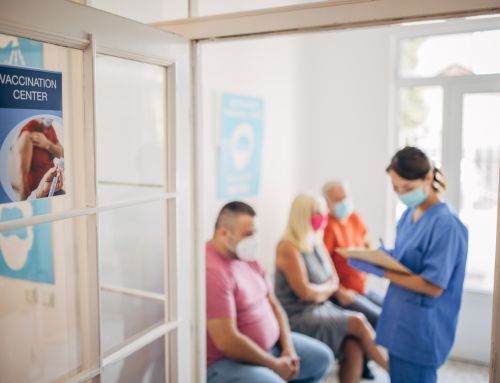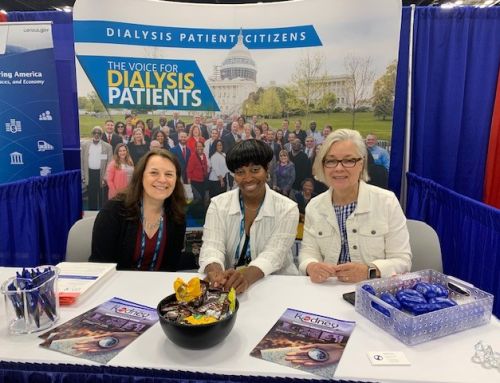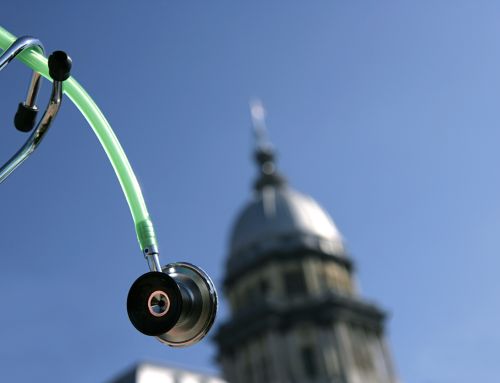March 5, 2012
Department of Public Welfare
c/o Regulations Coordinator
Room 515
Health and Welfare Building
Harrisburg, PA 17120
RE: Proposed Co-payment for Medical Assistance Transportation Program
To Whom It May Concern:
As America’s largest patient-led organization representing dialysis patients, Dialysis Patient Citizens (DPC) works to improve the quality of life for all dialysis patients through advocacy and education. We are writing today on behalf of the over 14,000 dialysis patients in Pennsylvania, specifically those who utilize the State’s Medical Assistance Transportation Program (MATP). This program provides vital transportation for patients to and from dialysis treatments and adding a co-payment would be distressing to these already vulnerable citizens.
Individuals living with end stage renal disease (ESRD) must undergo life-sustaining dialysis treatments, usually three times per week, and the treatments are extensive, typically lasting several hours. Many patients rely on MATP to get to and from these treatments and adding a co-pay would put increased financial pressure on these patients. Many people with ESRD live on fixed incomes and would have to pay $12 per week for three treatments. This would amount to over $600 per year, making it unaffordable for countless patients, potentially forcing some to choose between treatments and other basic necessities. Adding additional costs for dialysis patients could lead to increased use of emergency transportation and missed treatments, which can cause avoidable hospitalizations, actually increasing health care costs to the State.
While we understand the budgetary constraints the State and the Department of Public Welfare face, we do not think costs should be shifted to these already vulnerable beneficiaries. We ask that ESRD patients using MATP for transportation to and from dialysis treatments be exempt from the $2 co-pay. Adding a co-pay may decrease financial costs in the short-term, but will likely lead to increased financial costs and decreased patient health outcomes in the future.
DPC appreciates the opportunity to provide comments on this issue and thanks you for all that you do on behalf of dialysis patients in Pennsylvania. Please consider providing an exemption from the MATP co-payment for ESRD patients in light of the potential negative outcomes it may produce. If you have any questions, or if we can be of further assistance, please do not hesitate to contact us.
Sincerely,
Hrant Jamgochian, J.D., LL.M.
Executive Director


